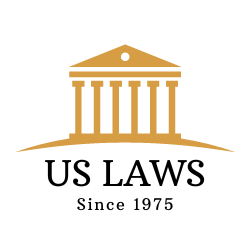How to protect elders from financial abuse
Elder financial abuse is one of the most prevalent crimes in the US, yet it is rarely reported to the police. Some elderly people are easy targets for financial crime because of their declining mental capacity and their high levels of wealth. This is despite the fact that many elderly people are perfectly capable of protecting their own assets.
In this piece, we’ll go over some preventative measures you may take to ensure you and your relatives don’t become victims of financial abuse.
How can elder financial abuse be prevented?
To begin with, familiarize your parents with scams and how they affect scammers.
Next, you could offer to keep an eye on their bank or email account for any signs of fraud or unauthorized withdrawals. Checking their bank or credit card statements for discrepancies is an excellent method for doing so. Depending on your bank, you may be able to set up alerts for low balances or large withdrawals. Furthermore, if there are any warning signs or suspicious transactions, you can find out about them by going through their mail and emails.
Inquire further as to whether or not they have appointed an agent to handle their financial affairs on their behalf.
Because of their age, loved ones must often provide assistance to their elderly relatives who may suffer from dementia or other mental or physical impairments. Having adult children keep an eye on their finances and protecting their parents from financial abuse is made possible by the POA.
Forms of financial abuse
There are various forms of financial abuse against the elderly, for example:
- Forgery/cheque fraud: occurs when someone uses another person’s bank account information to make unauthorized purchases.
- Theft of personal information leads to credit card and loan applications being opened in the victim’s name.
- A breach of trust: occurs when an individual entrusted with funds takes those funds for personal use.
Reporting tips
If you have reason to believe that your parents have been victims of financial abuse, you may do so by contacting the federal Consumer Financial Protection Bureau or the Adult Protective Service agency in your state. Contact their bank, credit card company, and other financial institution to place a fraud alert on their accounts. If your elderly loved one has been the victim of financial abuse, you should consult with an attorney who focuses on elder law or estate planning.
Have a conversation with your elderly parents about who has access to their bank accounts and other personal data. If they need help paying bills or making financial decisions, and you have their permission to act as their power of attorney, do so. It’s an important safeguard against the exploitation of the elderly financially.
